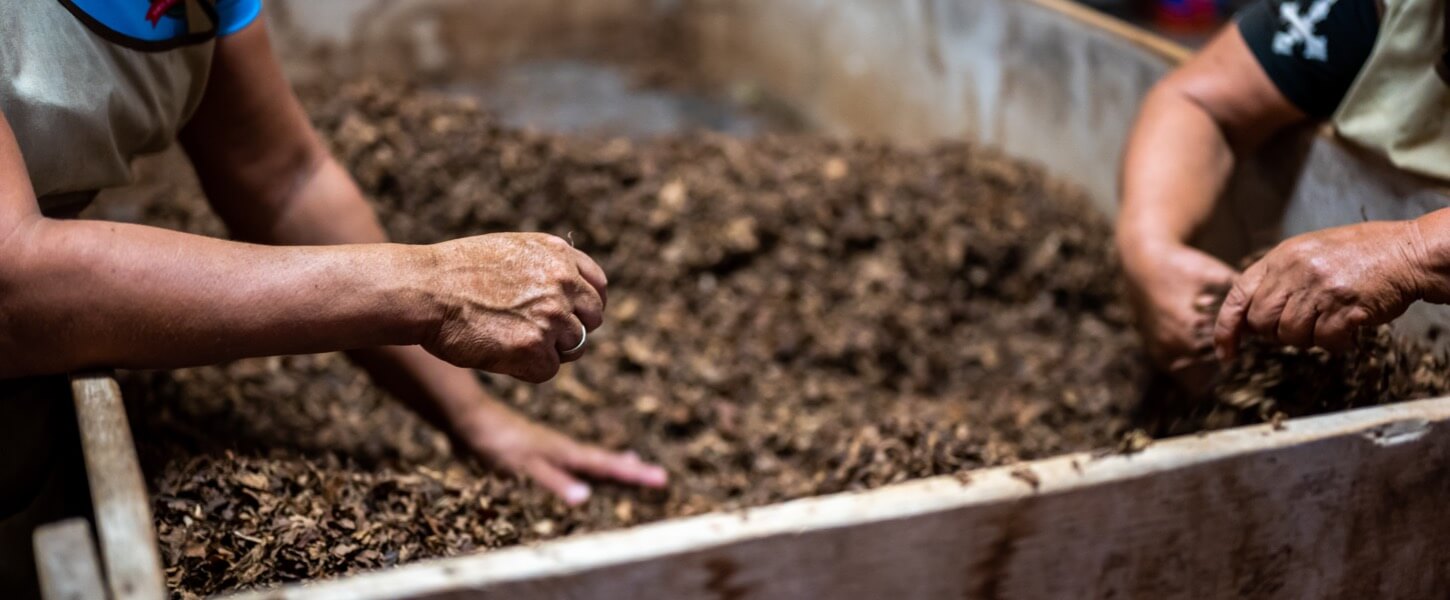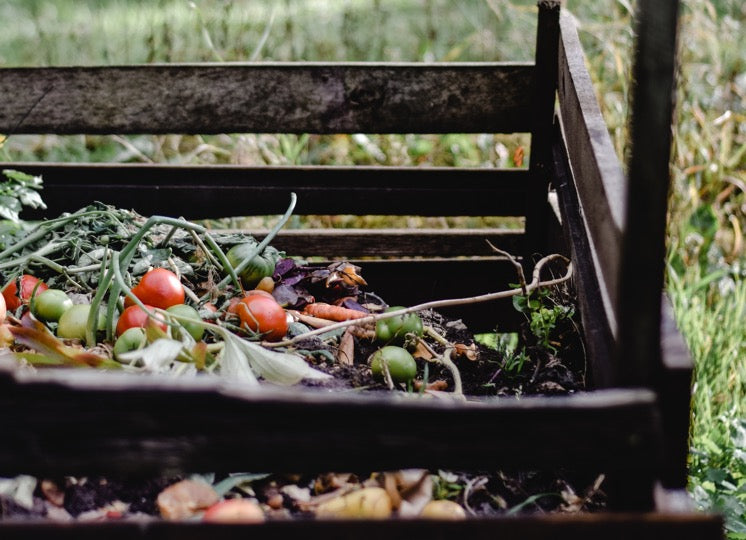The Details
Compostable, home compostable, biodegradable… these terms are often used interchangeably but have significant differences. Keep reading to learn the difference between compostable and biodegradable.
what does Biodegradable mean?
Biodegradable is a common term that you’ll find on the packaging of consumer goods and cosmetics. While this term has a positive, earth-friendly connotation, it’s not as meaningful as you think!
For an item to be biodegradable, it simply means that given the right conditions - heat, air, microorganisms, fungi, etc.- it will eventually break down into basic components. However, there are no parameters around how long the decomposition process must take for an item to be considered biodegradable. An article could be labeled biodegradable but may take decades to decompose, so a biodegradable good doesn’t necessarily reduce pollution or immediately save landfill space.
In addition to ambiguous decomposition times, biodegradable goods could still contain chemicals and inorganic materials, meaning they may produce microplastic residue or emit toxic gas during decomposition.
what does compostable mean?
On the other hand, compostable materials break down into organic compounds and disintegrate into nontoxic elements. If an item is compostable, it can decompose in a compost environment - more on that later - usually in under 90 days. Composting is beneficial for the environment as it reduces greenhouse gas emissions and saves space in landfills. There are several grades of compostability with various certifications, namely home compostable and commercially (also known as industrially) compostable. Here are the main differences between home and industrial composting.
Home Compostable
Home compostable goods break down under normal home compost conditions. This means lower heat and moisture levels than industrial composting, which is heavily regulated to compost more efficiently. Because home compost conditions are less intense, it typically takes longer to break down materials than industrial compost.
It is common for items to be labeled ‘biodegradable’ or ‘compostable’ but not fit the requirements to be considered home compostable. This means that even an item that says biodegradable or compostable may not break down in your backyard compost. So be sure to carefully check labels for the TUV Home Compostable seal of certification.
Industrial Compostable
Most compost services, like pick up or drop off services, utilize an industrial compost system. Industrial composting uses higher heat and moisture levels to speed up the decomposition process, which lasts just a few days or weeks. In addition, most products labeled ‘compostable’ are industrial compostable. You can use a municipal or pick-up service to compost these goods, but they will not break down in your home compost.

What's Better: Compostable or biodegradable?
Now you may be wondering what product is more environmentally-friendly, compostable, or biodegradable goods? In short, products that are certified home compostable are the most earth-friendly products on the market.
All home compostable goods are industrially compostable and biodegradable, but not all biodegradable goods are home or industrially compostable. So, if you’re looking to find a product that will have the least amount of environmental impact, opt for home compostable products that are certified by a governing body like TUV Austria, which rigorously inspects materials to ensure the highlest level of compostability. By choosing home compostable goods, you’re helping to keep plastic pollution out of landfills and oceans!





